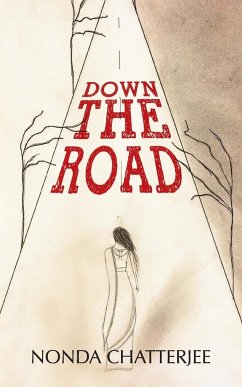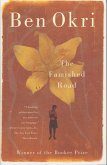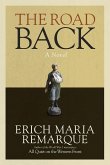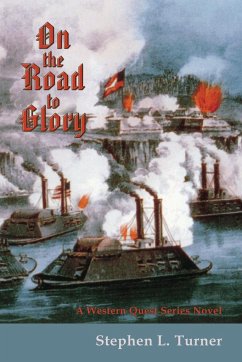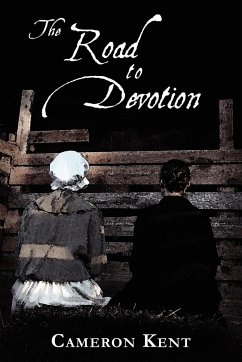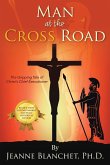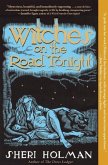In the novel Down the Road Nonda Chatterjee recreates in vivid detail the values, morals and daily life of a class that was blindsided by the events of 1947. The anglicized Indian elite that served the British Raj as bureaucrats, lawyers, and career professionals faced a severe identity crisis after independence when their cosmopolitanism became suspect. Chatterjee depicts the life of three generations across the time span of 1947 beginning with the redoubtable Judge, a morally ambiguous character who represents the best and worst of both feudal and British India. Unlike the Judge who functioned in British India with great impunity and freedom, his children, Ronnie, Bobby, Small and Madonna are both empowered and deformed by their complex heritage in a free India. The Judge's selfish and self-serving actions set the backdrop to the text as his children unravel the complexity of his legacy. The result is a gripping novel about a heinous crime that implicates an entire family, and the subsequent crimes that were committed in its wake to cover up the original sin. In this psychologically taut novel, Chatterjee explores the ways in which one's selfhood is shaped by intimate family relationships, conversations, unspoken assumptions, and self-deception. She shows that actions rarely have their intended consequences, and that intentions both good and evil leave their deep traces in human affairs. By marrying a large historical canvas to the micro-politics of the Indian joint family, Chatterjee forces the reader to embark on a journey of ruthless introspection and honest self-analysis.
Hinweis: Dieser Artikel kann nur an eine deutsche Lieferadresse ausgeliefert werden.
Hinweis: Dieser Artikel kann nur an eine deutsche Lieferadresse ausgeliefert werden.

